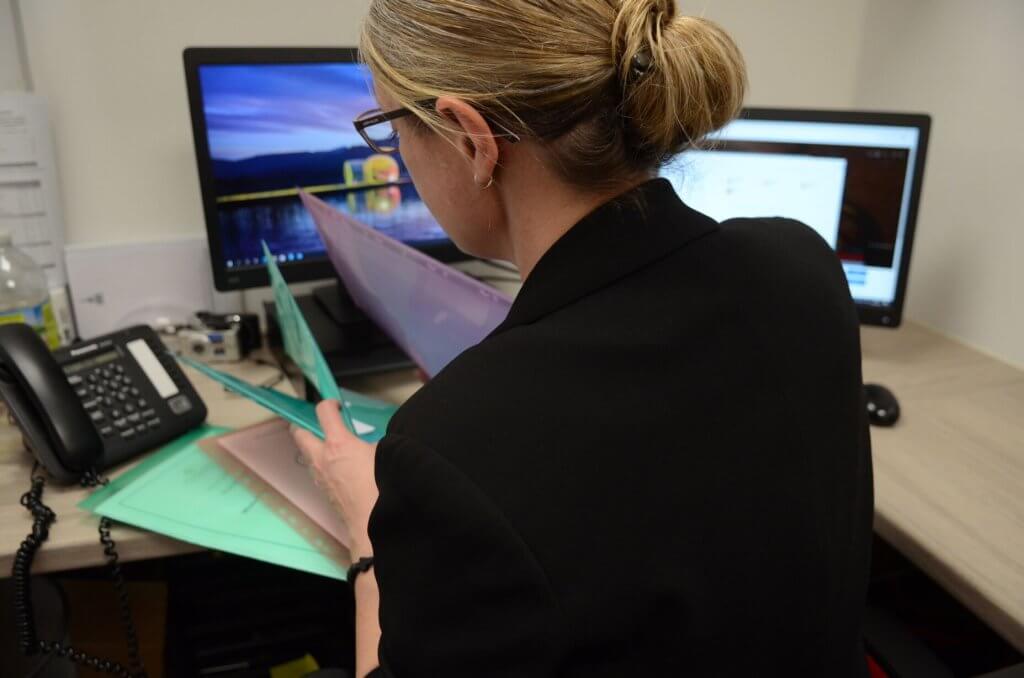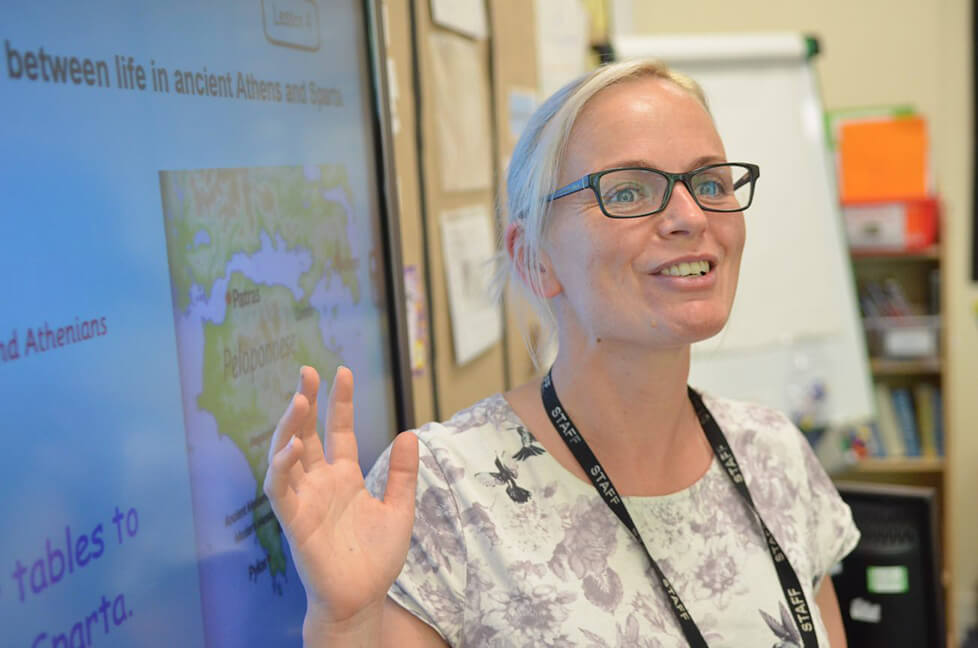Subject associations warn about the use of non-specialist teachers
Seven subject associations have released a joint statement warning about the ‘endemic use of non-specialists in the classroom.’ Signatories include the English Association, Geographical Association, and the Historical Association among others, who together represent 10,000s of teachers across their respective specialisms.
The statement reasserts the value that expert teachers bring to young peoples’ education, but warns that this experience is becoming much more limited, particularly for disadvantaged students. Data shows that the government missed its target for secondary teacher recruitment by 50% this year, meeting just 17% of the target for physics teachers, 44% for art and design, and 63% for maths.
As a result, subject associations are calling for the future Secretary of State for Education to ‘strengthen the recruitment of, and ongoing support, for expert subject teachers.’ They suggest building stronger links between the relevant degree courses and teacher training programmes; reviewing the ‘on-off’ approach to training bursaries and bringing greater stability; and providing a quantifiable career-long professional development entitlement to build upon teachers’ subject expertise.
★ Our Literacy Team combines the knowledge and experience of leading specialists in education, offering bespoke training, resources and consultancy support. Get in touch to learn more.
Breakfast clubs risk “mission creep” for schools
A new report by the Institute for Fiscal Studies (IFS) outlines the benefits of extending breakfast club provision to all primary school pupils. Evidence suggests that breakfast clubs can help to improve children’s nutrition, as they are less likely to skip breakfast and more likely to eat healthier meals. Studies also show that breakfast clubs can help to raise attainment at age 7. Even those who do not attend the clubs benefit from a calmer and more productive classroom environment.
However, researchers explain that breakfast clubs are unlikely to solve the school attendance crisis. Data suggests they can only reduce absences by half a day. Pupil absence has soared since the pandemic, with around 1.5 million children (one in five) now persistently absent from school.
Furthermore, the IFS warns that expanding breakfast clubs to all primary schools in England may risk creating ‘mission creep’ for school staff. Researchers explain this may present additional challenges for schools already struggling with pay, workload, and recruitment pressures. In response to the IFS, Paul Whiteman, general secretary of the school leaders’ union NAHT, urges the next government to consider ‘how such clubs can be delivered without expecting more from existing school staff.’
★ Our Education Welfare & Safeguarding experts can deliver an attendance audit to identify strengths and areas for improvement, supporting you at every step to raise attendance at your school. Contact us for more details.
Think tank proposes ten-point plan to boost children’s life chances
The Centre for Young Lives (CYL) has released a ten-point plan for the next government to boost the life chances of children and young people. The think tank sets out a number of proposals to combat child poverty, such as abolishing the two-child benefit cap, extending pupil premium to disadvantaged 18-year-olds, and expanding free school meals to all children with families in receipt of universal credit.
On education, the think tank suggests reforming Ofsted inspections and introducing an inclusion measurement. The think tank’s founder and executive chair, Anne Longfield CBE, notes that ‘special educational needs provision can be poor, slow to arrive, and mired in bureaucracy and stress.’ The CYL also suggests running autism and SEN assessments in primary schools to reduce assessment waiting lists. Further, it proposes a register of children not in school, a policy that was promised by the government in 2019 but never delivered.
Longfield also explains that there is ‘a children’s mental health epidemic affecting one in five children.’ Therefore, the CYL also calls on policymakers to introduce a one-off £1 billion mental health recovery programme, part-financed by a levy on social media companies and mobile phone providers. It also calls for an independent review into the impact of smartphones and social media on children’s health and development. Pepe Di’lasio, general secretary of the Association of School and College Leaders (ASCL), urges the next government to carefully consider these proposals ‘which would put children at the heart of policymaking.’
★ With a wide range of therapeutic interventions, our Creative Psychotherapy team is dedicated to supporting pupils on their journey to positive mental health. Reach out to our team for further information.
One Education is committed to giving each and every child the highest possible standard of education.
With an extensive portfolio of services, tailor-made solutions, and expert support, One Education can help you respond to the changing demands of the education landscape.
Please get in touch to find out more.
Please complete the form below and we will get in contact as soon as we can to help you with your query.















